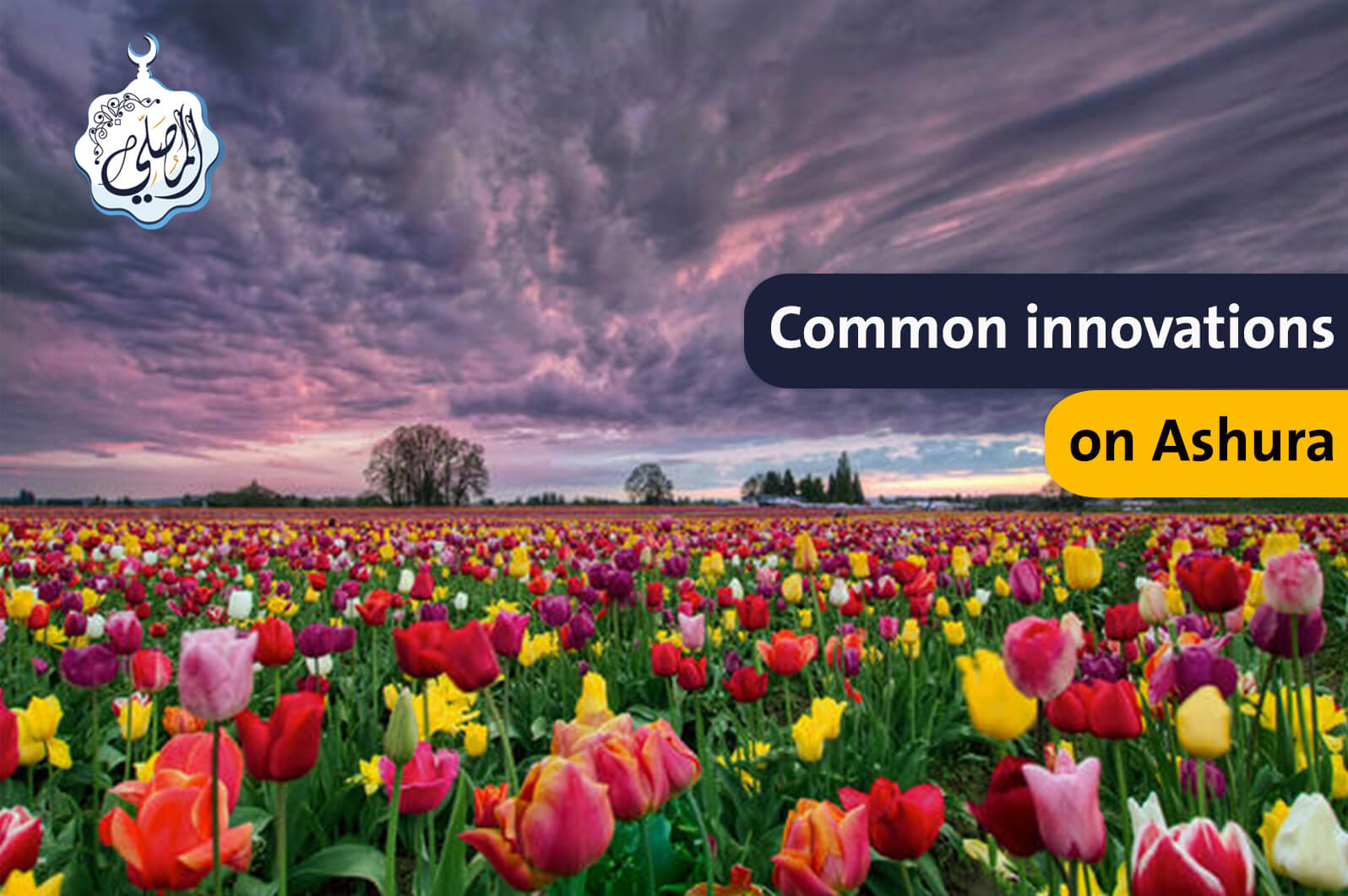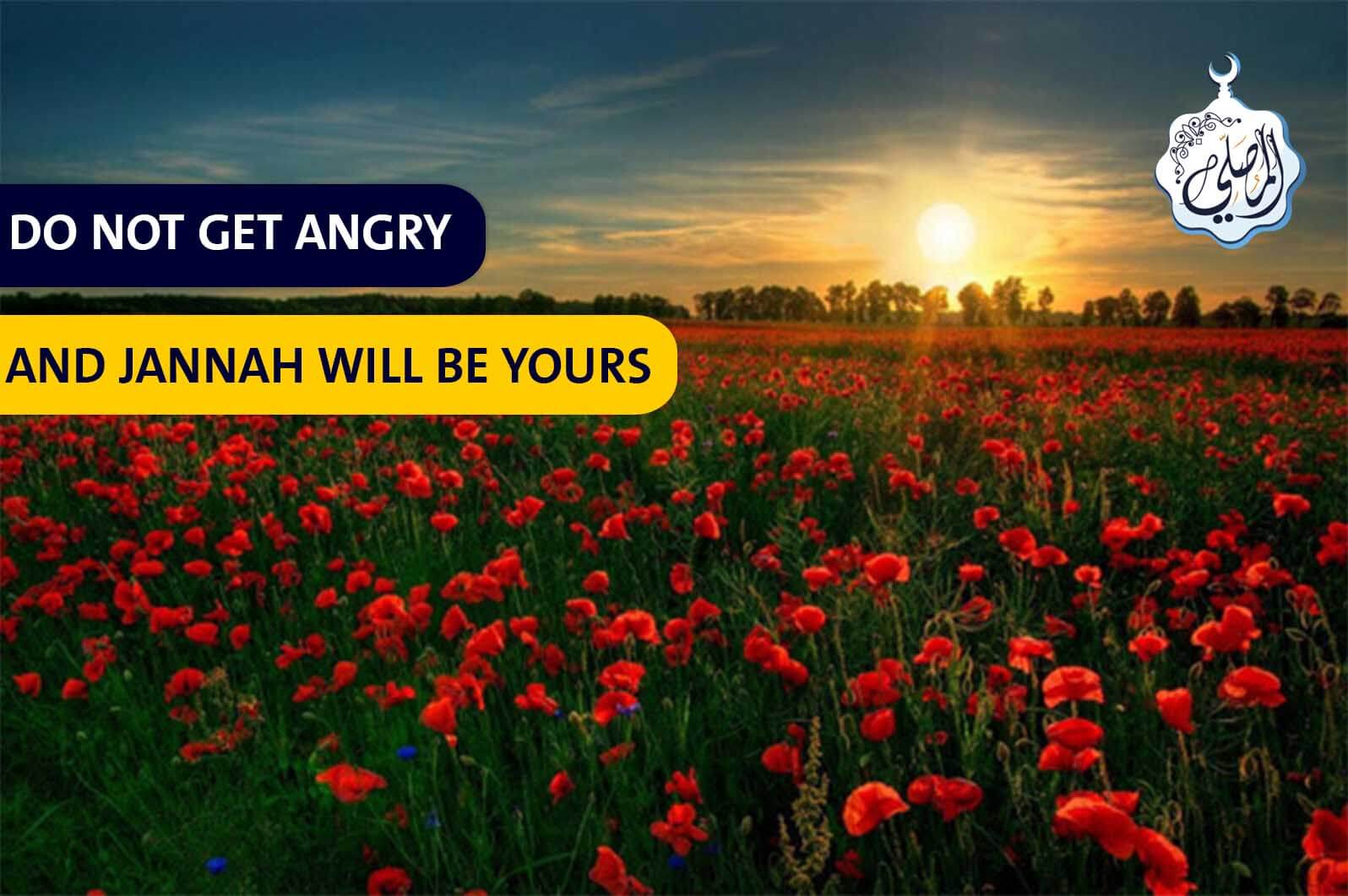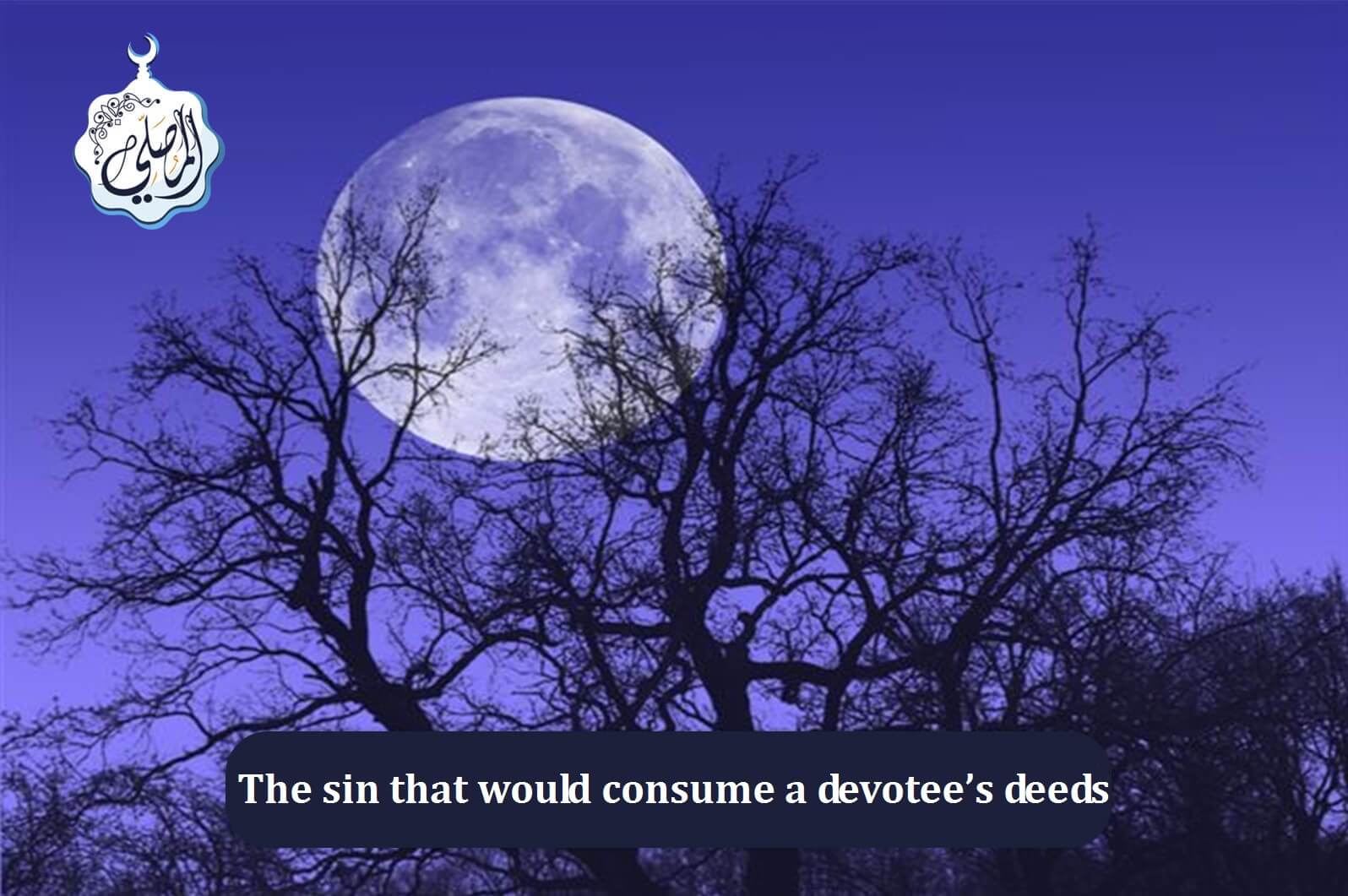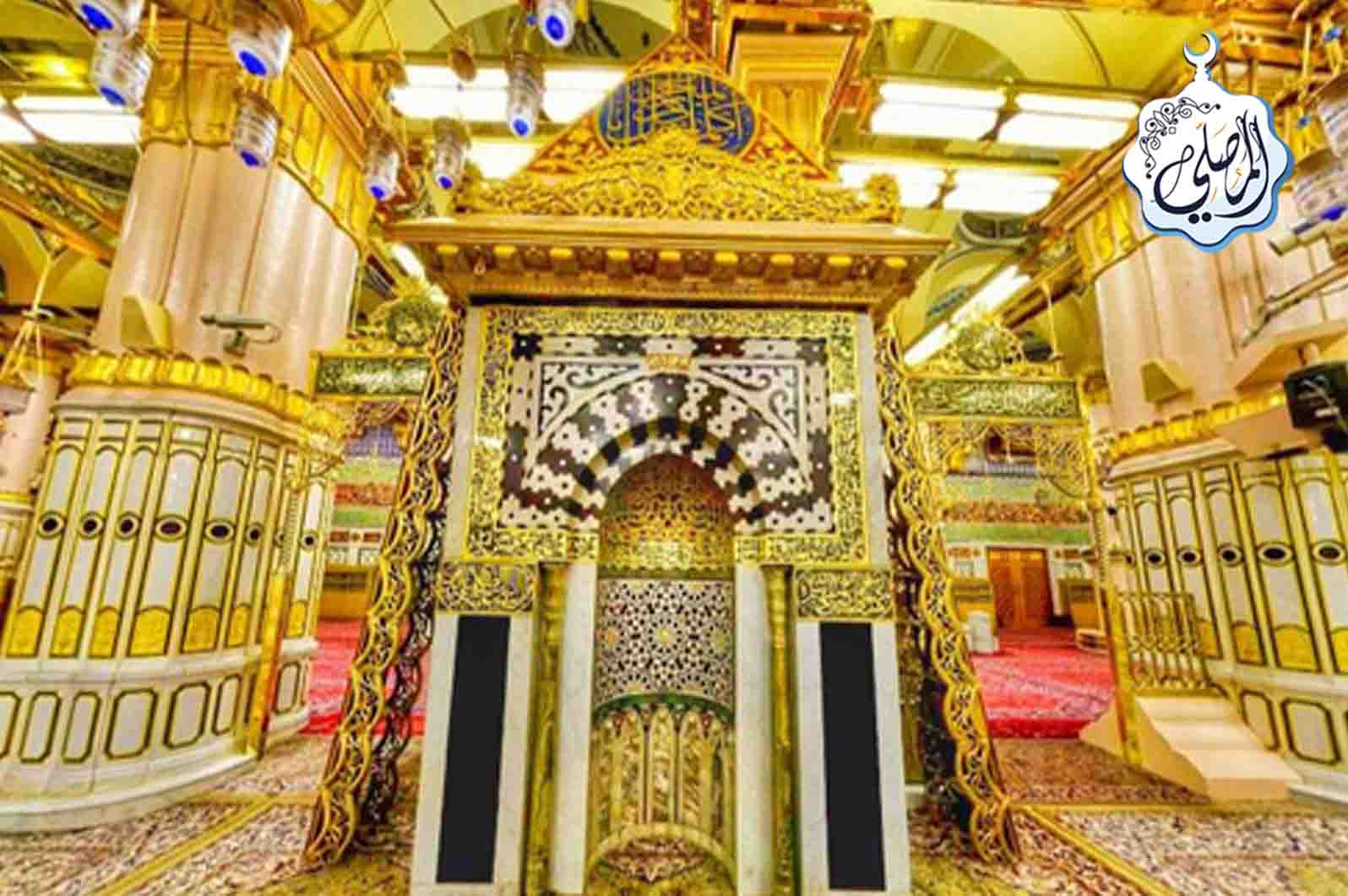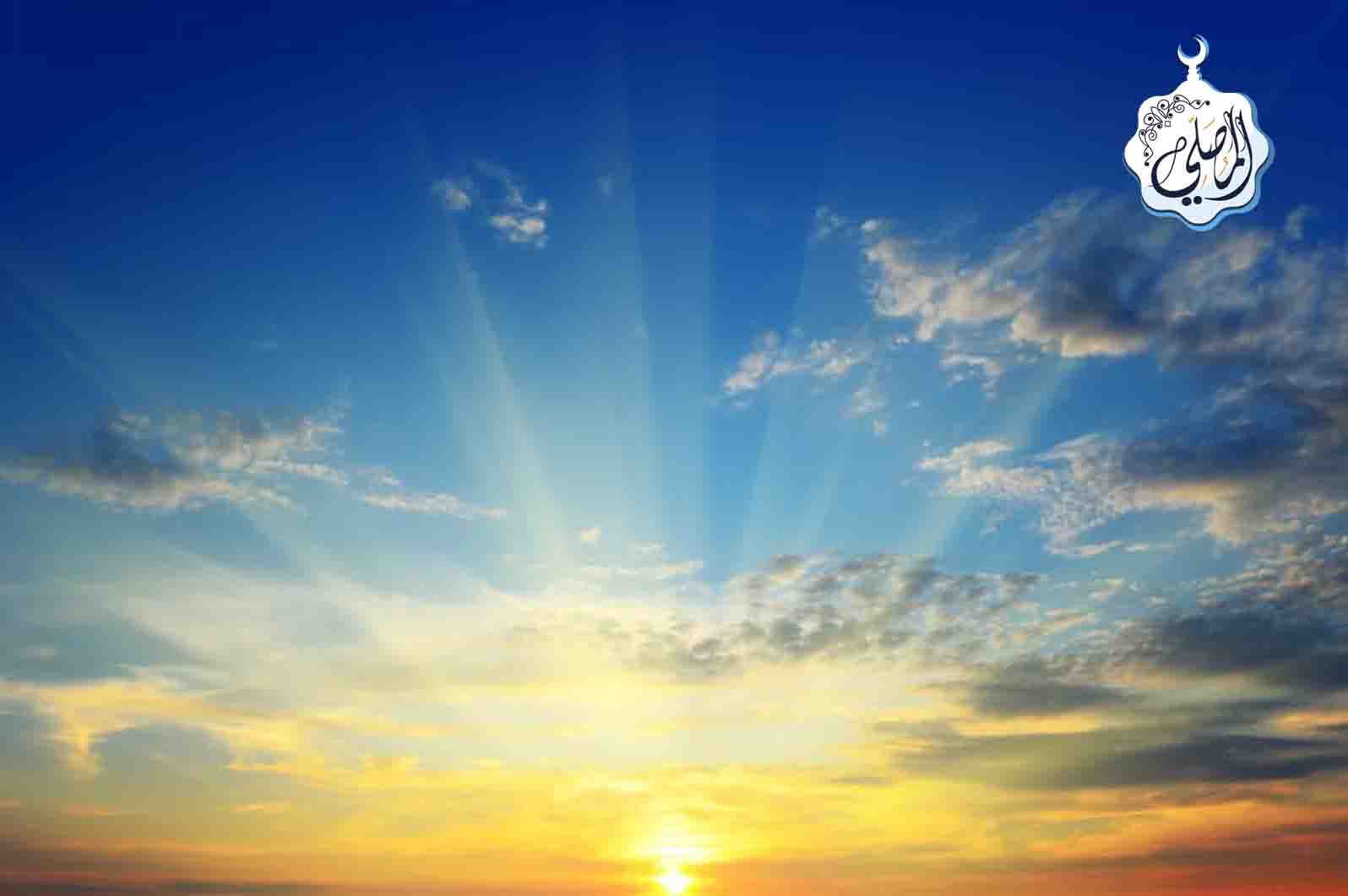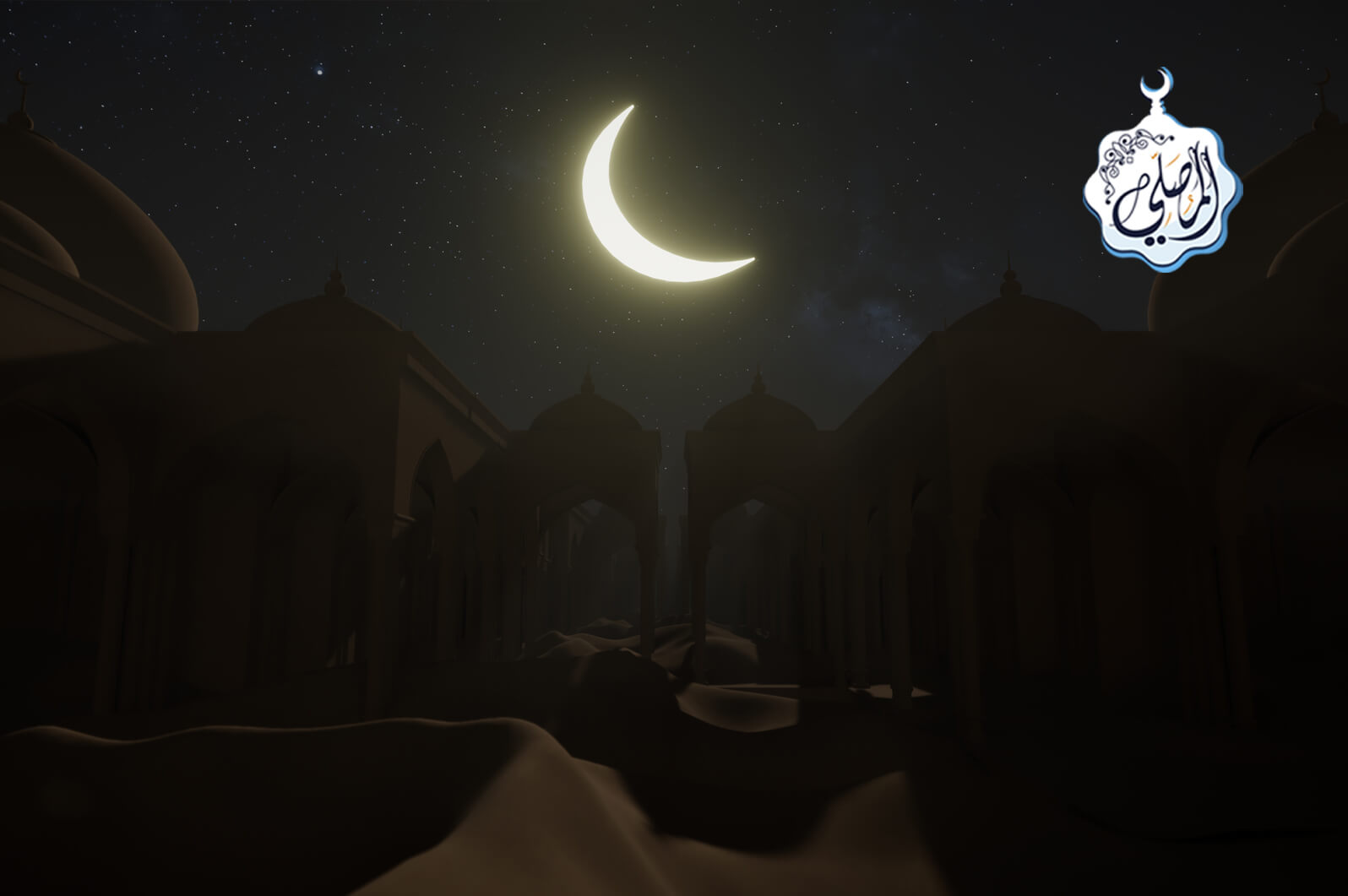
The first ten days of Dhul-Hijjah are a treasured time in the Islamic calendar. These days brim with the potential for immense spiritual growth and divine favor. Following the practices of Prophet Muhammad (PBUH) during this blessed period allows us to maximize our worship and reap the rewards promised by Allah (SWT). This article explores some of the key etiquettes and Sunnahs associated with these ten nights.
Increasing Remembrance (Dhikr)
A core aspect of honoring Dhul-Hijjah is amplifying our remembrance of Allah (SWT). The Prophet (saw) emphasized this by saying:
"There are no days in which righteous deeds are more beloved to Allah than these ten days. So recite a great deal of Tahleel (La ilaha ill-Allah), Takbeer (Allahu Akbar) and Tahmeed (Alhamdulillah) during them." (Sahih Bukhari)
Men are encouraged to recite these phrases audibly, while women can recite them quietly. Beyond the specific phrases mentioned, any form of dhikr – supplications, reciting the Quran, or simply reflecting on Allah's majesty – carries additional weight during these blessed nights.
Fasting for Increased Reward
Voluntary fasting holds immense significance during Dhul-Hijjah. The Prophet (PBUH) is reported to have fasted on most, if not all, of these days [source needed]. Fasting on the Day of Arafah (the 9th of Dhul-Hijjah) is particularly encouraged, with the Prophet (PBUH) saying its expiates the sins of two years [source needed]. However, those performing Hajj are exempt from fasting on Arafah.
Following the Sacrifice Tradition (Qurbani)
For those who are able, offering a sacrifice during Eid al-Adha is a significant act of worship. The Prophet (PBUH) himself consistently performed Qurbani, demonstrating the importance of this practice. Those intending to sacrifice should avoid cutting their hair or nails from the start of Dhul-Hijjah until after the sacrifice is complete.
Additional Practices and Considerations
Prayers: Offering additional prayers, particularly night prayers (Tahajjud), is a beautiful way to connect with Allah during these blessed nights.
Generosity and Charity: Increasing acts of charity and kindness aligns perfectly with the spirit of Dhul-Hijjah. Helping those in need multiplies the rewards of worship during this time.
Eid Preparations: While the focus should be on worship, some light preparations for Eid al-Adha, such as cleaning the home, are permissible during these ten days.
Conclusion
By incorporating these practices into our routine during the first ten days of Dhul-Hijjah, we can emulate the Prophet's (PBUH) Sunnah and draw closer to Allah (SWT). May this blessed time be a period of immense spiritual growth and reward for all Muslims.










 share facebook
share facebook share whatsApp
share whatsApp share twitter
share twitter share telegram
share telegram copy
copy